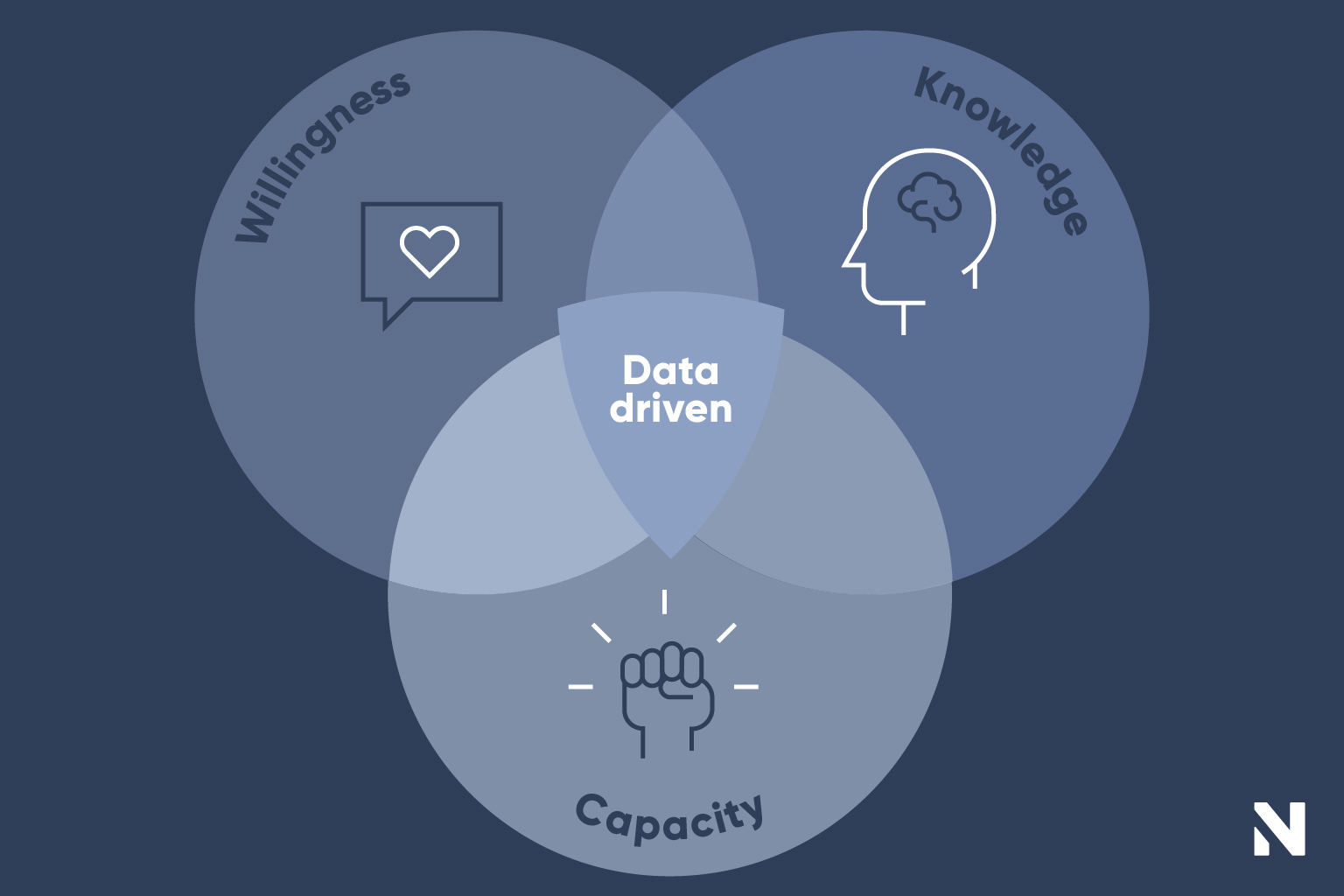Although lithium batteries are becoming increasingly popular and are widely used in industries as important as consumer electronics and electric vehicles, their operating principles and the processes required to produce them are unknown to the vast majority of people.
 The process of making a battery involves hundreds of steps, from the construction of their electrodes and assembly of the device to its validation and final testing. Each of these steps involves new information, ranging from the characteristics of the materials used, to processing conditions, to testing and quality control. This includes both structured information, such as the plant's environmental conditions, and unstructured information, such as images generated by advanced equipment like SEMs (scanning electron microscopes).
The process of making a battery involves hundreds of steps, from the construction of their electrodes and assembly of the device to its validation and final testing. Each of these steps involves new information, ranging from the characteristics of the materials used, to processing conditions, to testing and quality control. This includes both structured information, such as the plant's environmental conditions, and unstructured information, such as images generated by advanced equipment like SEMs (scanning electron microscopes).
The fierce competition in the industry to continuously improve characteristics such as energy densities and recharge rates at increasingly competitive prices, demands a Data Driven working culture from the R&D teams of companies developing new materials and energy storage cells to ensure the necessary agility in decision making and the ability to manage highly complex developments.
Even though the data challenge is usually seen as a purely technological challenge, building a solid data culture requires an increased focus on the people whose way of working we want to change. That is why at Nanomate we have decided to commit to a data strategy that seeks to achieve its goal through the following three lines of action: Willingness-Knowledge-Capacity.


 The process of making a battery involves hundreds of steps, from the construction of their electrodes and assembly of the device to its validation and final testing. Each of these steps involves new information, ranging from the characteristics of the materials used, to processing conditions, to testing and quality control. This includes both structured information, such as the plant's environmental conditions, and unstructured information, such as images generated by advanced equipment like SEMs (scanning electron microscopes).
The process of making a battery involves hundreds of steps, from the construction of their electrodes and assembly of the device to its validation and final testing. Each of these steps involves new information, ranging from the characteristics of the materials used, to processing conditions, to testing and quality control. This includes both structured information, such as the plant's environmental conditions, and unstructured information, such as images generated by advanced equipment like SEMs (scanning electron microscopes).